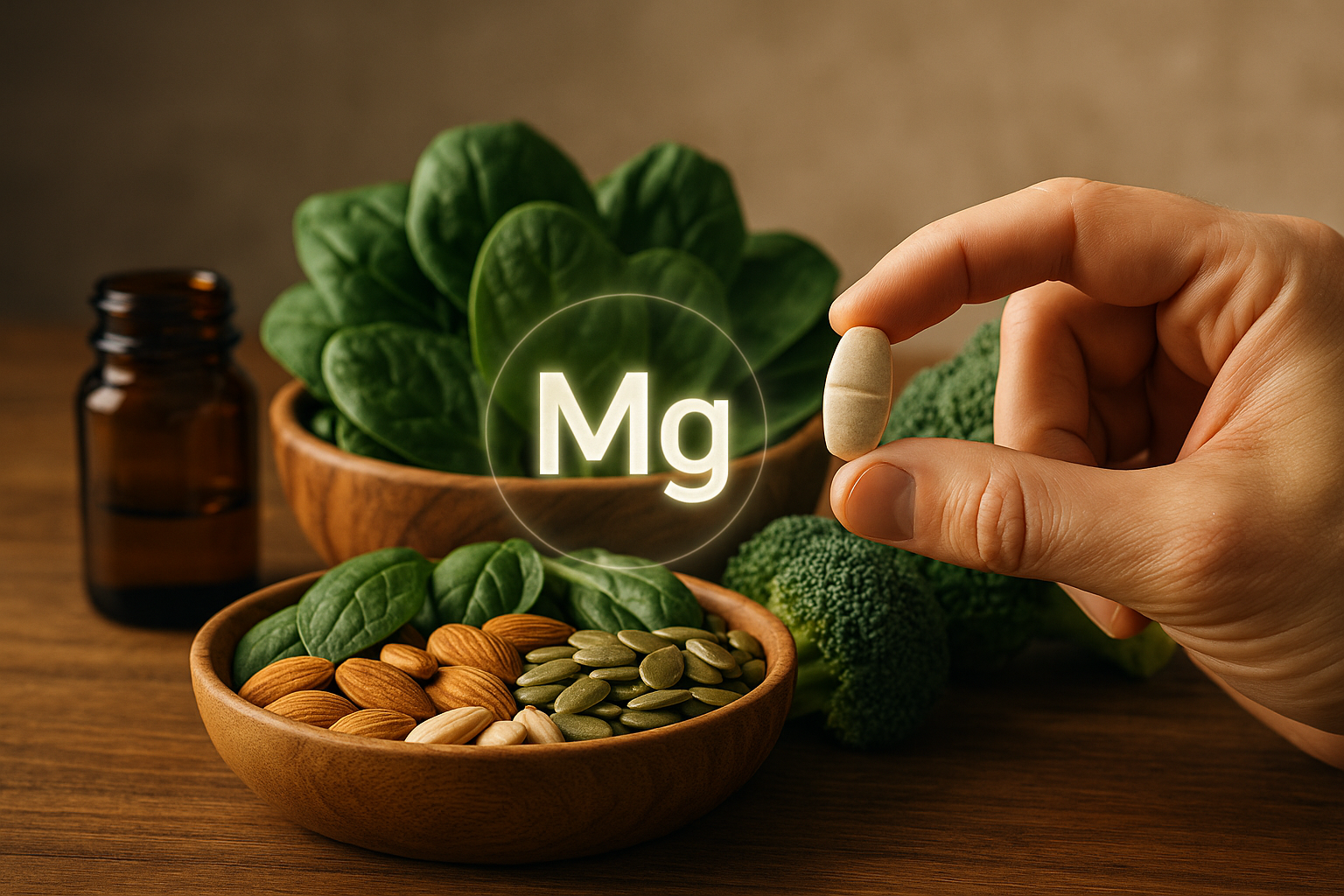Essential Guide to Foods That Boost and Weaken Bone Strength
Maintaining strong and healthy bones is crucial for overall well-being, especially as we age. Our diet plays a significant role in bone health, with certain foods promoting bone strength while others can potentially weaken them. This comprehensive guide explores the best foods for healthy bones and those to avoid, providing you with valuable insights to support your bone health through diet.

What nutrients are essential for bone health?
Calcium, vitamin D, and protein are the cornerstone nutrients for maintaining strong bones. Calcium is the primary mineral found in bones, while vitamin D helps the body absorb and utilize calcium effectively. Protein provides the structural framework for bone tissue. Other important nutrients include magnesium, vitamin K, and phosphorus, which all contribute to bone strength and density.
Which foods are best for strengthening bones?
A bone health diet should include a variety of nutrient-rich foods. Dairy products like milk, yogurt, and cheese are excellent sources of calcium and protein. For those who are lactose intolerant or follow a plant-based diet, fortified plant milks and leafy green vegetables like kale, spinach, and collard greens provide calcium. Fatty fish such as salmon and sardines offer both vitamin D and omega-3 fatty acids, which support bone health. Nuts, particularly almonds, and seeds like chia and flax are rich in calcium and magnesium.
How can you incorporate bone-strengthening foods into your diet?
Integrating foods for healthy bones into your daily meals is easier than you might think. Start your day with a calcium-rich breakfast by adding yogurt to your cereal or preparing a spinach omelet. For lunch, consider a salad with leafy greens, topped with canned sardines or salmon. Snack on almonds or other nuts throughout the day. At dinner, include a serving of fatty fish or calcium-fortified tofu with a side of steamed broccoli or other green vegetables.
What foods should be limited or avoided for optimal bone health?
While focusing on bone strength foods is important, it’s equally crucial to be aware of foods that may negatively impact bone health. Excessive consumption of caffeine, found in coffee, tea, and some sodas, can interfere with calcium absorption. High-sodium foods can lead to increased calcium excretion through urine. Alcohol, when consumed in large quantities, can disrupt the balance of calcium in the body and affect hormone production that’s essential for bone health.
Are there any surprising facts about diet and bone health?
Interestingly, the relationship between diet and bone health extends beyond just calcium and vitamin D. Recent research suggests that a diet rich in fruits and vegetables may help maintain bone mass due to their high content of antioxidants and vitamin C. Additionally, prunes have been shown to have a particularly positive effect on bone density, likely due to their unique combination of nutrients and plant compounds.
How does diet compare to other osteoporosis treatments?
While a balanced diet is crucial for bone health, it’s important to understand how it compares to other osteoporosis treatments. Let’s look at a comparison of dietary approaches versus medical interventions:
| Treatment Approach | Provider | Key Features | Cost Estimation |
|---|---|---|---|
| Dietary Management | Nutritionist/Dietitian | Personalized meal plans, nutrient focus | $50-$200 per session |
| Bisphosphonates | Physician | Medication to slow bone loss | $10-$300 per month |
| Hormone Therapy | Endocrinologist | Estrogen or testosterone replacement | $30-$150 per month |
| Weight-bearing Exercise | Physical Therapist | Customized exercise programs | $50-$150 per session |
Prices, rates, or cost estimates mentioned in this article are based on the latest available information but may change over time. Independent research is advised before making financial decisions.
While medication and professional treatments play a vital role in managing osteoporosis, dietary interventions offer a cost-effective and holistic approach to supporting bone health. A balanced diet rich in bone-strengthening foods can complement other treatments and may even help prevent the onset of osteoporosis in some cases.
In conclusion, maintaining strong bones through diet involves a two-pronged approach: consuming foods that boost bone strength and limiting those that may weaken it. By incorporating calcium-rich dairy or plant-based alternatives, fatty fish, leafy greens, and nuts into your diet while moderating caffeine, sodium, and alcohol intake, you can significantly support your bone health. Remember that diet is just one aspect of bone health, and a comprehensive approach including exercise and, when necessary, medical interventions provides the best foundation for strong, healthy bones throughout life.
This article is for informational purposes only and should not be considered medical advice. Please consult a qualified healthcare professional for personalized guidance and treatment.




